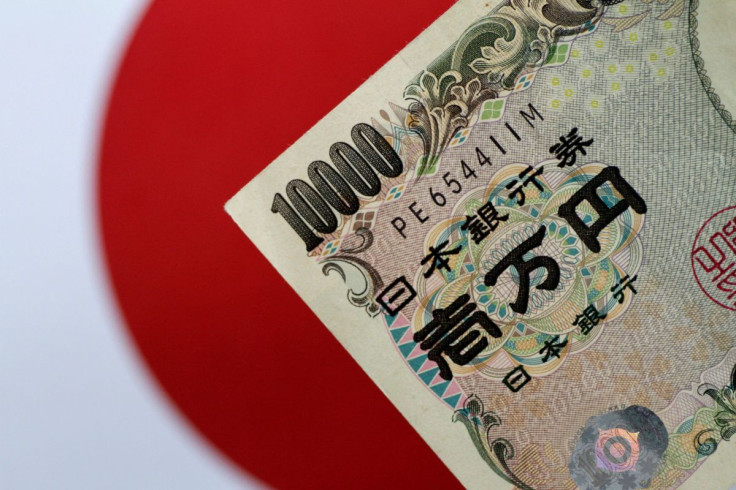Ukraine Crisis Hits COVID-19-Battered Japanese Economy Hard

The Ukraine crisis has hurt an import-reliant Japan, forcing households and companies to shell out more for food and fuel at a time when the East Asian nation was looking to resuscitate its sluggish COVID-19-battered economy.
With the prices of the U.S. West Texas Intermediate (WTI) crude topping $100 a barrel, its highest level since 2014 after the Ukraine invasion Feb. 24, pandemic-hit Japan's economy has been paying more.
Japan's import costs would hike by ¥7.8 trillion if the WTI crude price remains at $95 this year, compared with $65 in the previous year.
In that case, GDP of the Asia's third-largest economy will be hit by 1.8 percent, its companies will see operating profit dwarfing by ¥5.5 trillion, and households would face a ¥3.5 trillion hit.
Crude oil imports from Russia accounted for 3.6 percent of Japan's total last year, and liquefied natural gas 8.8 percent. With demand outstripping supply, energy prices have gone through the roof in Japan whose economy is facing inflation stemming from higher oil and LNG prices.
The Fumio Kishida government has already pressed the panic button by launching a subsidy program for the oil industry for the first time in January. The emergency program was given three hikes till Feb. 7.
In the domestic market, automobile production is affected due to a shortage in import of palladium, used for turning the exhaust gas from vehicles less harmful, from Russia which accounts for nearly 35 percent of Japan's total import.
As commodities are difficult to come by, leading food makers like Nissin Food Products., which makes Cup Noodle and other instant products, has decided to hike prices of nearly 180 products by up to 12 percent from June 1.
Although Japan does not import wheat directly from Russia, Western sanctions have hiked global wheat prices. Russia and Ukraine are major wheat and corn exporters. Japan slapped sanctions on Russia Feb. 26 which imposed restrictions on payment, capital transactions, export and import, acquisitions, and curbs on issuance and transactions for new Russian sovereign debt.
With the Ukraine crisis, Japan has hardened its position on the Northern Territories, which Russia seized at the end of World War II. - calling them Japan's inherent territories. So, all is not well with the 194.3 km long border between Japan and Russia.
Japanese firms in Ukraine are passing through a difficult phase. Japan Tobacco which churns out Camel-branded cigars for the Japanese market has suspended production at its factory in Kremenchuk in central Ukraine.
The advance of Russian troops has prompted Suzuki Motor, to halt operations inside the East European nation to ensure the safety of workers. The auto major suspended March 18 activities at all 20 Ukrainian dealerships.
Nearly 57 Japanese firms have got their address in Ukraine, which Russia invaded Feb. 24, with automakers and manufacturers accounting for roughly half, according to Tokyo-based business intelligence firm Teikoku Databank.
The Bank of Japan warned March 18 of "very high uncertainty" from the Ukraine crisis. While inflation is expected to exceed its 2 percent target in the coming months, the apex bank in Japan has not withdrawn the stimulus due to the threat from an energy-driven price rise. Data showed Japan's core consumer prices rose 0.6 percent year-on-year in February, posting the fastest pace in two years.
Nearly 70 percent of Japanese firms expect the Ukraine crisis in Ukraine to hurt their earnings, a Reuters poll showed.
A total of 69 percent said in the latest Reuters corporate survey that they expected the crisis to hit earnings, while 9 percent of firms said they expected a large impact as COVID-19 cases also have peaked during the ongoing sixth wave.
























